The NFL is still not enthused about the prospects of ‘Spulu,’ but there’s a more nuanced take beyond that surface-level opposition. … The NCAA wants to end prop bets on college sports, but expecting help on the matter from Capitol Hill is a tall order. … Ukraine is making soccer history against the backdrop of a horrific war at home. … There’s another wrinkle to the NFL’s ongoing consideration of private equity in team ownership. … Plus: More on John Calipari, Capital One Arena, the Patriots, and the NFL’s kickoff changes.
—Eric Fisher and David Rumsey
|
|
|
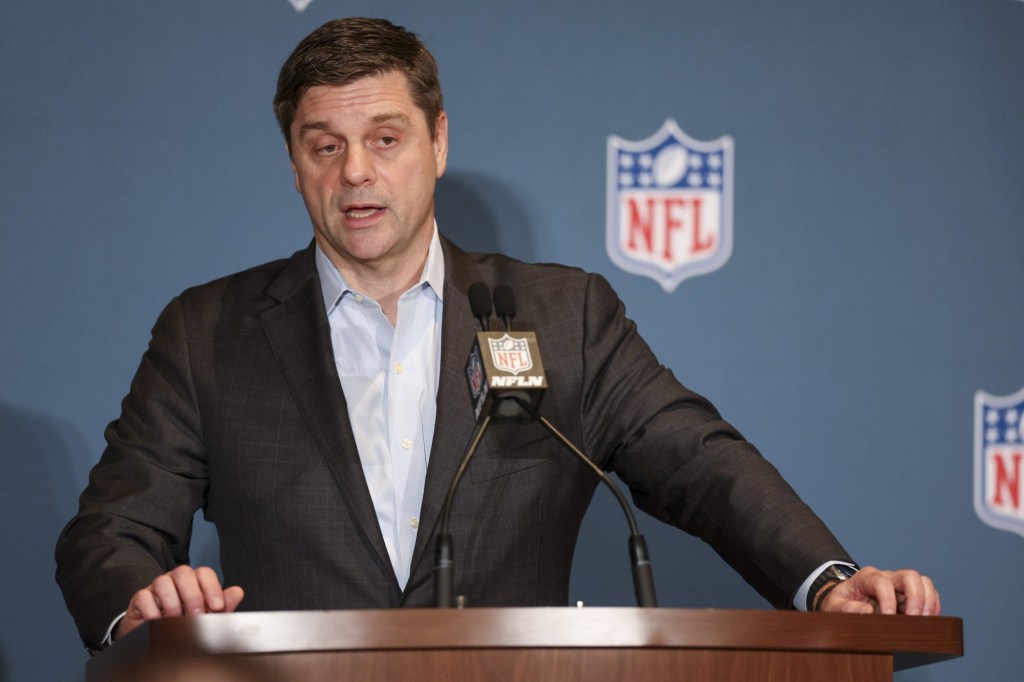
|
Nathan Ray Seebeck-USA TODAY Sports
|
It’s no secret the NFL, and other sports leagues, were surprised, and not in a good way, by the unveiling of the streaming venture among ESPN, Fox, and Warner Bros. Discovery in early February.
Now, the NFL’s top media executive is questioning the business logic behind the initiative (also known as “Spulu”), echoing what many observers immediately asked: Why would consumers pay possibly $50 a month for roughly only half the sports programming out there?
Brian Rolapp (above), the NFL’s chief media and business officer, narrowed that critique to his own sport, the NFL. The yet-to-be-named streamer, which is expected to launch this fall carrying 14 linear networks, would have NFL games from ESPN and Fox but be missing games aired by CBS, NBC, and Amazon.
“So I’m trying to understand the value proposition,” Rolapp said in an interview during a break in this week’s NFL owners meetings in Orlando. “You are missing more than half of football. I’m not sure how comprehensive of a sports bundle it is.”
But Rolapp also allowed that in the messy transition from linear to digital, experimentation is not necessarily a bad thing, suggesting the NFL is at least sympathetic to the venture. Satisfying fans who are cord-cutters, or are cord-nevers, while at the same time feeding the still valuable linear system is a balancing act all media and sports are trying to pull off.
“Having said that, the fact that they’re going in and trying to do something different, really trying to figure out this model is that’s always it, because you need to sort of be proactive in this environment, because it’s changing so much. I think that’s good.”
The NFL did not appreciate the surprise announcement during Super Bowl week, and there are some concerns that the streaming venture itself could collectively bid on games in the future. Currently that is not the plan, but if Fox and ESPN were to jointly bid for NFL games, then that hypothetically could reduce the number of bidders for games (the NFL’s TV contracts run through 2030, so this is hardly a short-term worry).
Earlier this month, Fox CEO Lachlan Murdoch projected the new service would reach five million subscribers by 2029, a fairly conservative goal. The streaming venture recently announced Pete Distad as its first CEO.
NFL Media’s Future
Rolapp also says the NFL is not currently in discussions about bringing on a partner for NFL Media, a goal the league has sought for the last two years.
“It’s almost two years ago, we were pretty clear, pretty public about the mission of NFL Network and the mission of our own operating assets,” Rolapp says. “And for that, we also realized that the landscape is completely changing, and that there’s probably areas where we’re going to need partners, and that we were going to be patient and see if any deal with any potential partner makes sense. We haven’t seen one yet.”
|
|
|
|
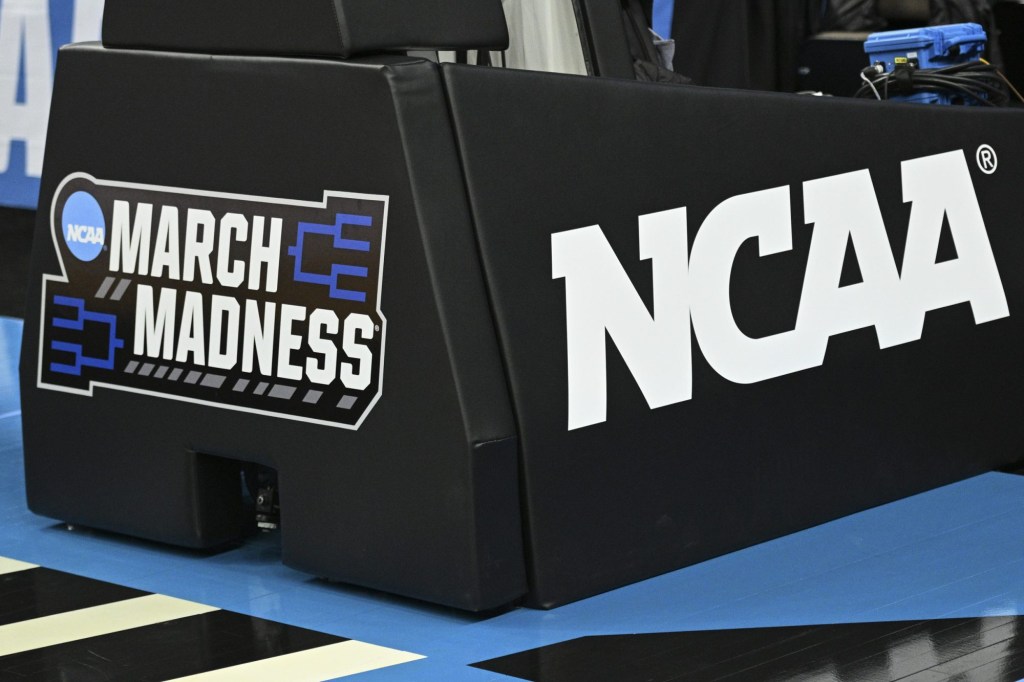
|
Steven Branscombe-USA TODAY Sports
|
With more and more nefarious stories around sports betting emerging seemingly every day, the NCAA wants to ban prop bets on college sports nationwide.
Already, college prop bets are not allowed in every state, but on Wednesday, NCAA president Charlie Baker in a statement said that they “threaten the integrity of competition” and are “leading to student-athletes and professional athletes getting harassed.” The NCAA will be contacting officials in states where college prop betting is in place to push for the removal of said wagers across all markets.
It’s likely no coincidence that the NCAA’s announcement comes just days after the NBA began investigating Toronto Raptors center Jontay Porter due to multiple instances of irregularities surrounding the prop bets on the player recently. “Issues across the country these last several days show there is more work to be done,” Baker’s statement added. Earlier this month, gambling watchdog company U.S. Integrity alerted casinos about unusual wagering surrounding a Temple-UAB men’s basketball game. And, of course, there’s the ongoing Shohei Ohtani sports betting scandal.
Now What Happens?
The head of the NCAA calling for a ban on prop bets is certainly a big deal. But will it be taken seriously? For years, NCAA executives and college administrators have been pleading for federal legislation to better govern name, image, and likeness rules in college sports. But nearly three years into the emergence of NIL, progress on any nationwide laws has been minimal.
States with major Division I programs like Ohio and Maryland don’t allow prop bets on any college sports, while others like New Jersey and Illinois don’t allow prop bets on schools within those states. However, large markets like Michigan and the recently launched North Carolina have no such restrictions. Prop betting continues to gain popularity, too, so it’s fair to wonder whether state gaming officials across the country would be willing to give up potential revenue from taxes on that growing market.
|
|
|
|
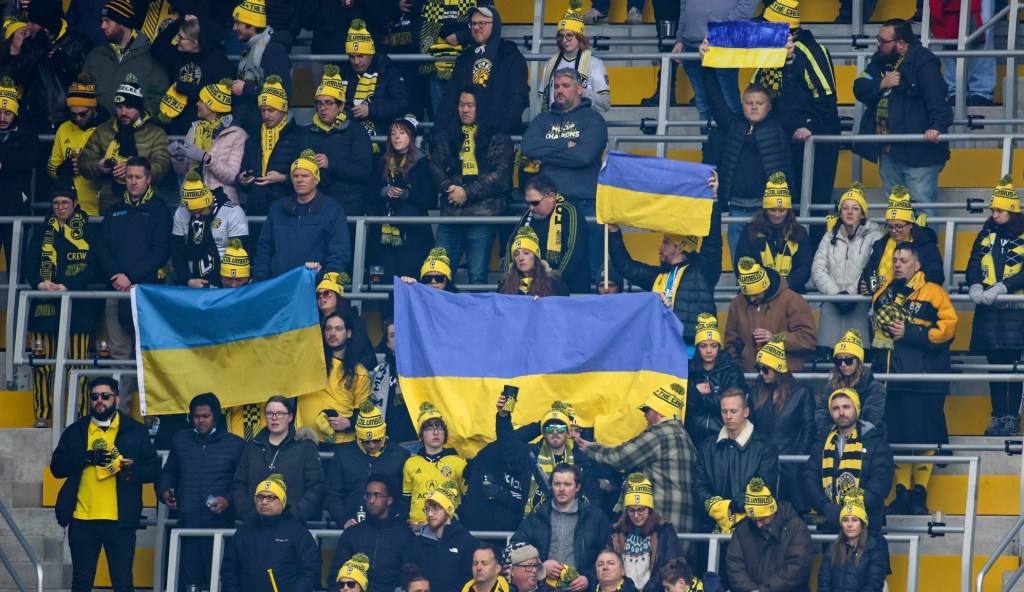
|
Trevor Ruszkowski-USA TODAY Sports
|
One of sport’s most remarkable—and unlikeliest—stories in years is now unfolding, and a trio of North American media companies are poised to be among the primary beneficiaries.
Ukraine qualified for the 2024 UEFA European Football Championship, commonly known as the Euros, late Tuesday with a dramatic comeback victory over Iceland. The win clinched the country’s first qualification to a major soccer tournament since Russia began its invasion of Ukraine in early ’22. A potential qualification by Ukraine to the World Cup that year fell just short with a playoff loss to Wales.
Because of the ongoing war, Ukraine’s national team has not played a home game in more than two years, staging games over that time in the Czech Republic, Germany, Poland, and Slovakia. The win carries additional resonance for Ukrainian citizens, as the Euros qualification arrives amid renewed bombing in the country by Russian forces.
“Whenever Ukrainians face difficulties but do not give up and continue to fight, Ukrainians certainly win,” the country’s president, Volodymyr Zelenskyy, posted on X.
Ukraine’s appearance in the Euros—expected to be a large-scale display of national pride—starting in June gives even more prominence to the event, which will be carried in English in the U.S. by Fox Sports and sublicensee Fubo, and in Spanish on TelevisaUnivision platforms. Currently ranked 24th in global FIFA standings, Ukraine will compete in the tournament’s Group E with Belgium (4th), Romania (45th), and Slovakia (48th).
“Both before and after the [final qualifying] matches, we said that these victories are for our country, [our] people, the defenders who defend our freedom,” said Ukraine coach Serhiy Rebrov. “Everyone understands how important this victory is.”
Prize Money
Ukraine’s national team is also in line for a meaningful payday with the Euros qualification. UEFA finalized its prize distribution for the tournament late last year, keeping the same overall $360 million pool as the pandemic-delayed 2020 Euros.
The country, like any other qualifier, will receive a minimum of $10 million, and could earn up to $30.5 million by winning the entire competition.
|
|
|
|
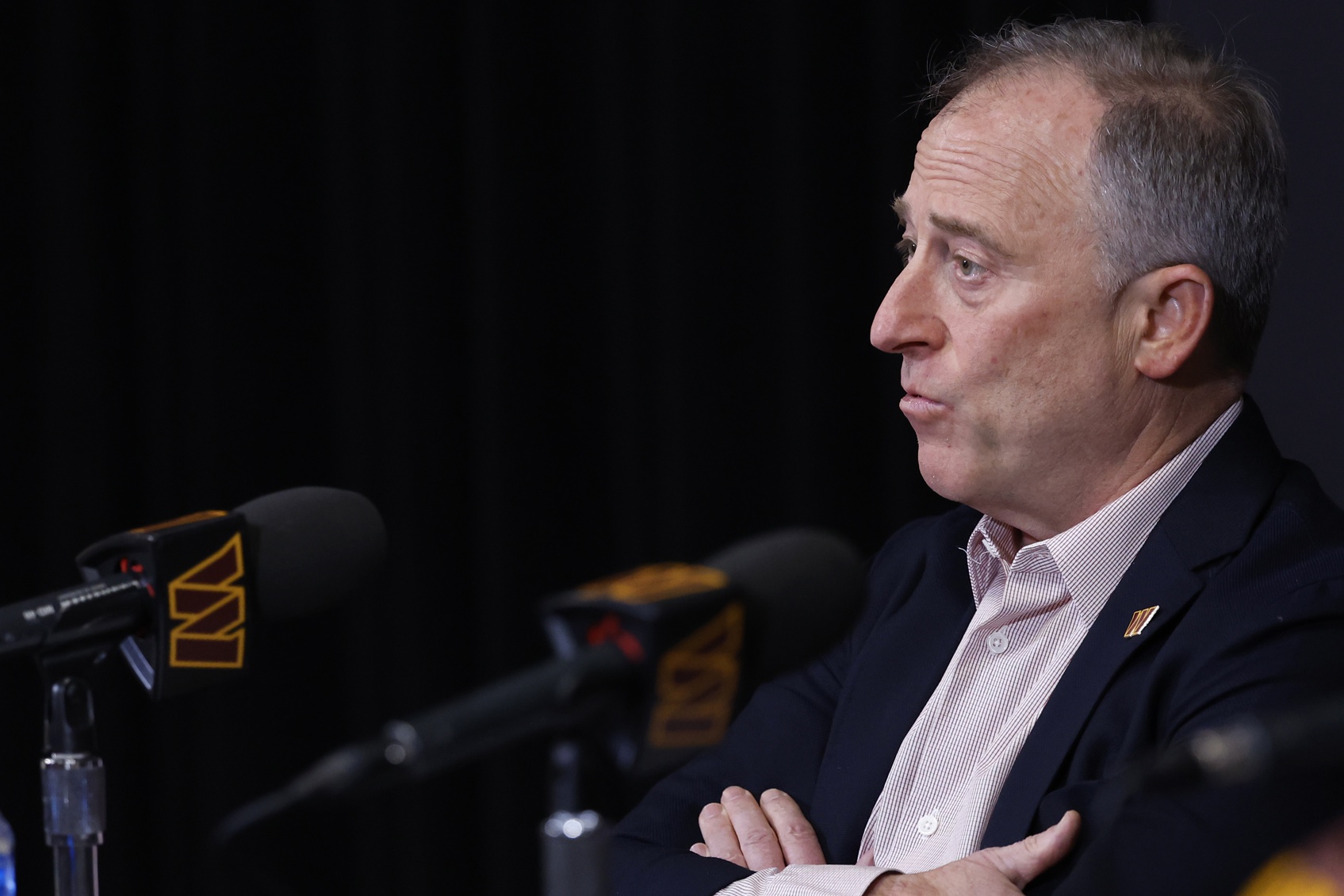
|
15
The number of NFL team owners who also own franchises in other leagues that allow private equity investment in clubs. The NFL discussed letting institutional investors acquire minority stakes in teams at this week’s owners meetings in Orlando, but there was no vote. In total, those 15 NFL owners also have majority stakes in 19 clubs across MLS, the NBA, NHL, and Premier League, all of which permit private equity investment in varying regards. Most notably, private equity firm Arctos Sports Partners holds a minority stake in Harris Blitzer Sports & Entertainment, the parent company of the New Jersey Devils and Philadelphia 76ers that is led by Commanders owner Josh Harris (above).
|
|
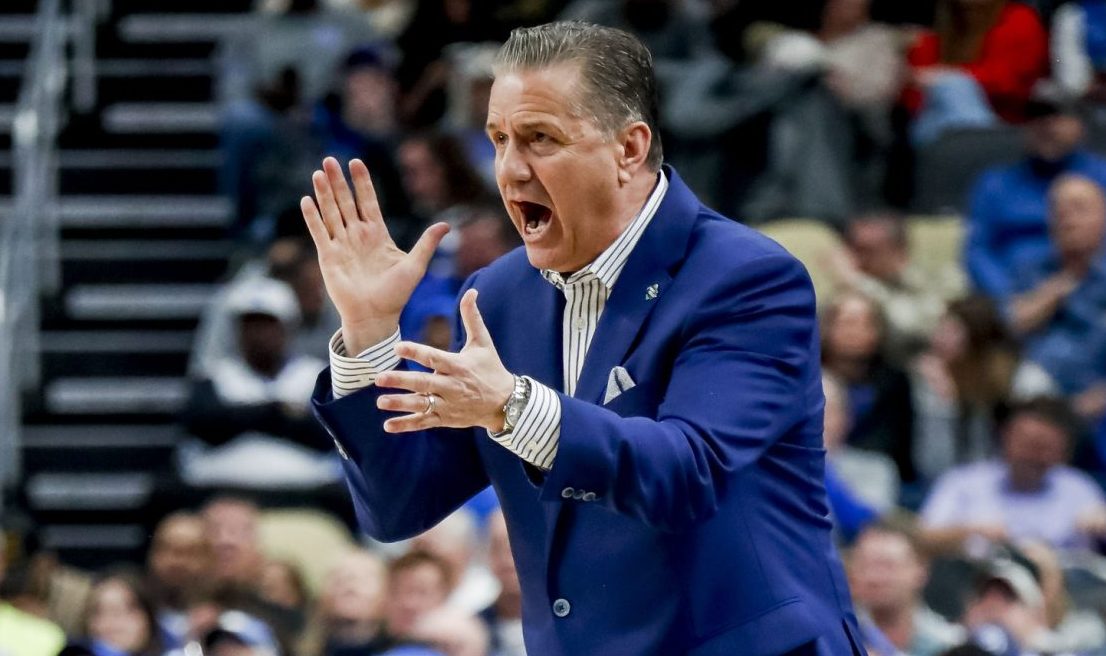
|
John Calipari ⬆ Kentucky athletic director Mitch Barnhart announced the school’s men’s basketball coach will return next season, despite the upset loss in the first round of the NCAA tournament to No. 14 Oakland. Calipari (above), who would have been owed a $33 million buyout if fired, lamented the state of college basketball of Kentucky’s exit from March Madness.
Capital One Arena ⬆ In less than an hour this morning, Monumental Sports & Entertainment chairman Ted Leonsis surprised many observers by making six posts on X about Capital One Arena, touting season-ticket renewals for the two teams, total March attendance at the venue, tax and community impact, arena operations employees, record-level turnout for a Zach Bryan concert Monday, and the Capitals’ largest weekday crowd of the season. What does it all mean? A lot, actually. Officials in Alexandria, Va., announced this afternoon that it will no longer pursue a planned arena there for the Capitals and Wizards, and veteran Washington reporter Tom Sherwood reported that Leonsis is now set to renew a commitment to D.C.
Patriots docuseries ⬇ Former New England players Julian Edelman and Matthew Slater are the latest participants to give interviews for The Dynasty who are taking issue with the portrayal of Bill Belichick in the Apple TV+ documentary. The pair discussed the show on the latest episode of Edelman’s podcast, Games With Names.
Kickoff changes ⬆ Georgia coach Kirby Smart said college football will be closely monitoring the NFL’s revamped kickoff format in 2024 and how it impacts player safety. “The NFL is the model,” Smart, a member of the college football rules committee, told The Athletic. “They know what they want. They know what they’re trying to do. And they’re going to get it right, and then hopefully we can look into it ourselves, if the kickoff is not part of our game.”
|
|
- Ice Cube has extended a $5 million offer to Caitlin Clark to join the Big3 league during the WNBA offseason.
- A fun March Madness fact: Auburn’s men’s basketball program spent nearly 10 times more last year than Yale did. Despite that fact, the 13-seeded Bulldogs defeated the Tigers, securing their second NCAA tournament win in school history before losing to San Diego State in the second round.
- The Cavaliers are planning to construct a large riverfront performance center in Cleveland as part of a larger $3.5 billion development.
|
|
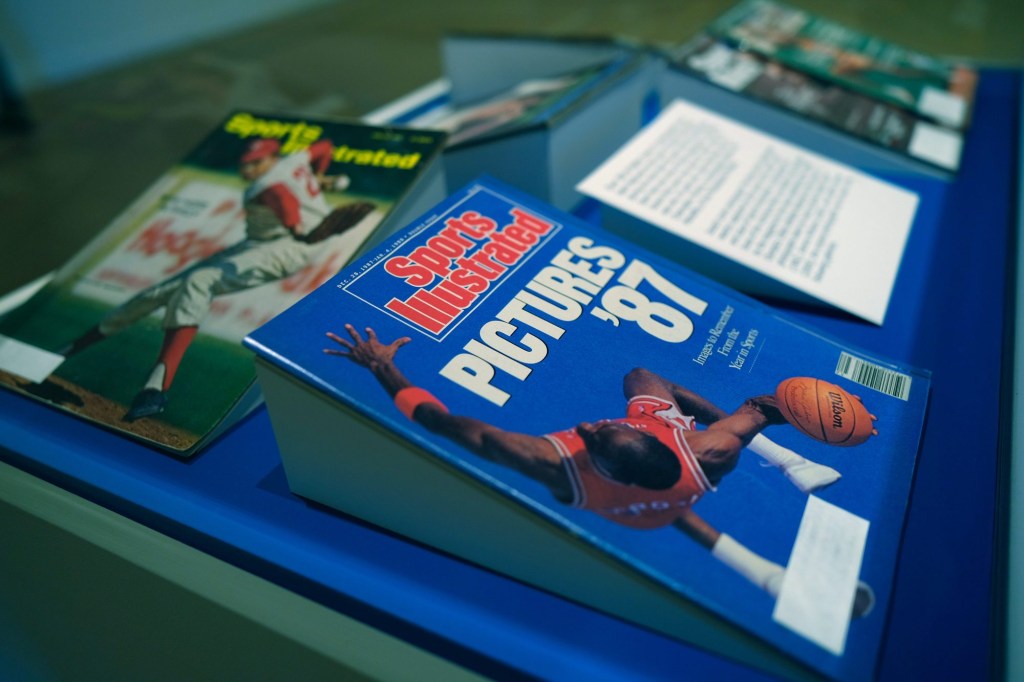 | ‘Sports Illustrated’ has new publishers, but the transition has been messy at best. |
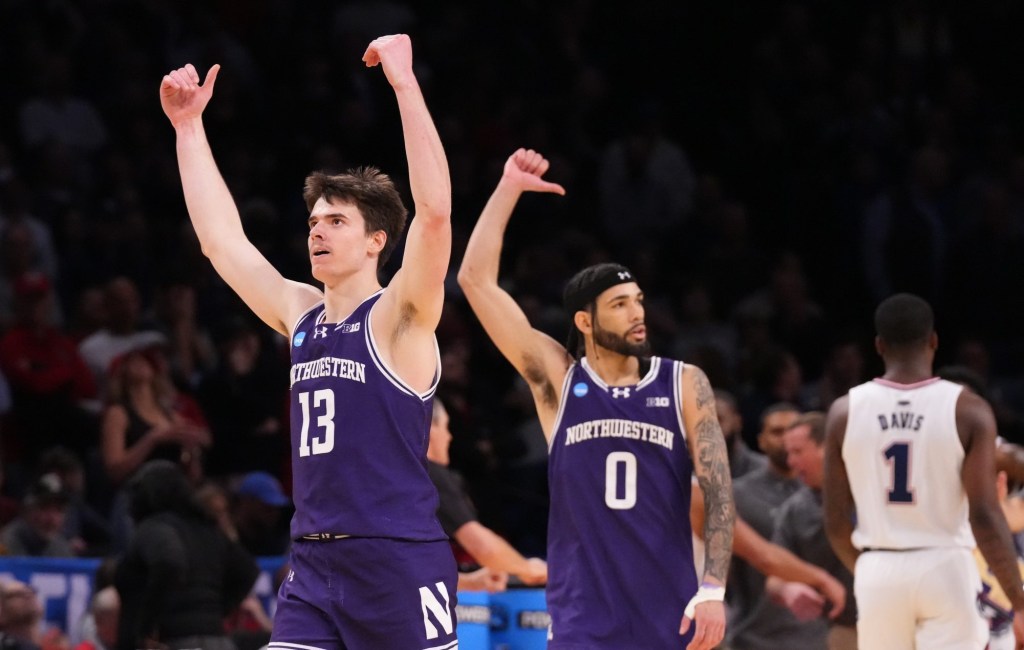 | At schools nationwide, collectives are fueling NCAA tournament runs and vice versa. |
 | A federal investigation is ongoing, but it’s not clear what it covers. |
|
|











